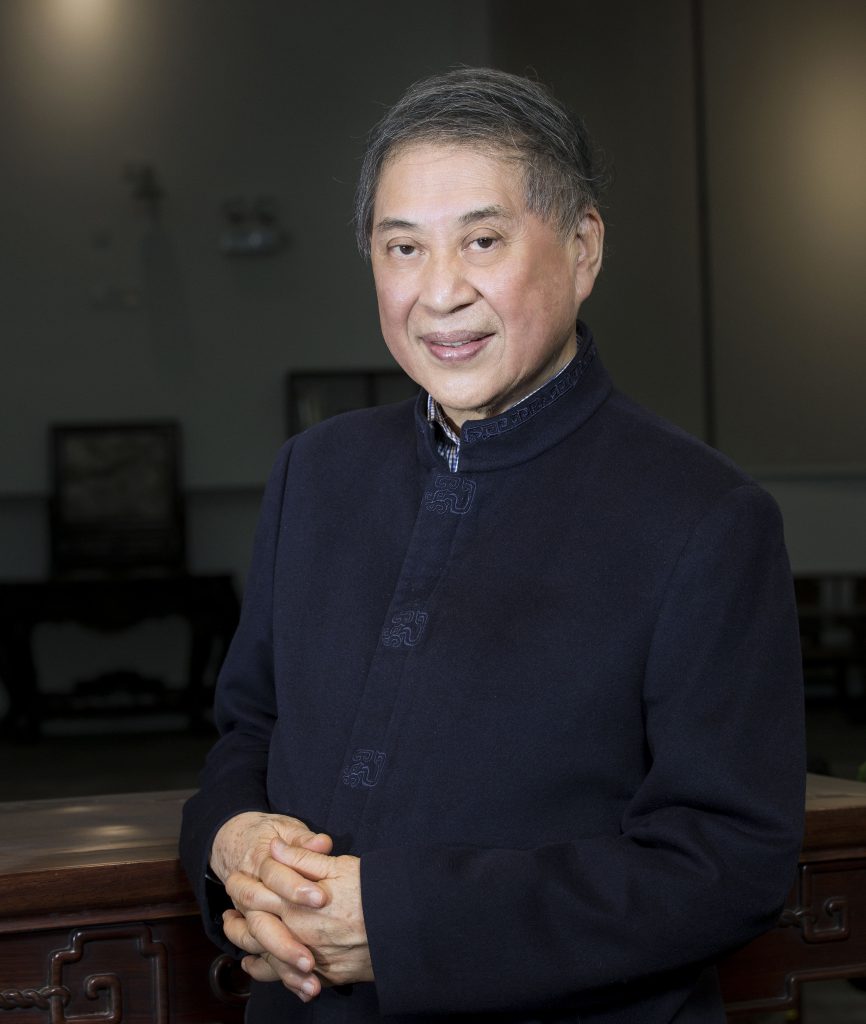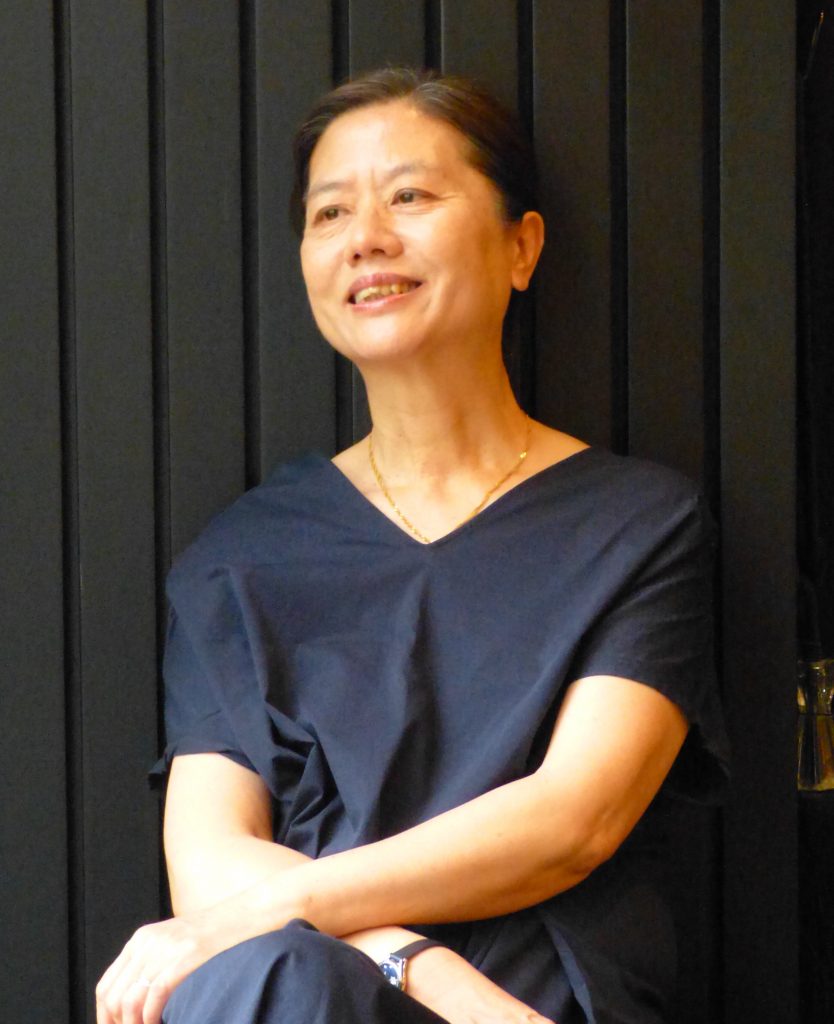FAH HONORARY DOCTORATES
Mo Yan

Mo Yan, whose real name is Guan Moye, is a renowned contemporary Chinese writer. In 2011, he won the 8th Mao Dun Literature Prize for his novel Frog. In 2012, he became one of the few Chinese nationals to win the Nobel Prize in Literature for his work that “merges folk tales, history, and the contemporary with hallucinatory realism.”
In 1988, the film Red Sorghum, directed by Zhang Yimou and based on Mo Yan’s work, won the Golden Bear Award at the Berlin International Film Festival, along with seven other major awards. The University of Macau conferred the Doctor of Letters honoris causa degree on Mo Yan in 2014.
Notable works:
Frog, Red Sorghum Family, Sandalwood Death, Big Breasts & Wide Hips, and Life and Death Are Wearing Me Out.
Pai Hsien-yung

Pai Hsien-yung is a renowned contemporary writer, playwright, and literary critic. His representative work, Taipei People, ranked seventh in the Asia Weekly‘s “Top 100 Chinese Novels of the 20th Century.” Highly praised by prominent writers and critics such as Yu Kwang-chung and C.T. Hsia, he is regarded as one of the most important creators in the 20th-century Chinese literary world. In recent years, Pai has been focusing his efforts on writing book reviews and researching Kunqu (Kun opera). The University of Macau conferred the Doctor of Letters honoris causa degree on Pai Hsien-yung in 2015.
Notable works:
Taipei People, New Yorkers, Crystal Boys, Lonely Seventeen and Even Trees Wither.
Jia Pingwa

Jia Pingwa is a renowned contemporary Chinese writer, as well as a distinguished calligrapher and painter. In 2008, he won the 7th Mao Dun Literature Prize for his novel The Shaanxi Opera. Through traditional Chinese aesthetic expression, he authentically portrays the lives and emotions of modern Chinese people, significantly contributing to the localization of Chinese literature and its global reach. The University of Macau conferred the Doctor of Letters honoris causa degree on Jia Pingwa in 2016.
Notable works:
The Shaanxi Opera, The Abandoned Capital, Turbulence, Old Kiln, The Mountain Whisperer, Shangzhou and Happy Dreams.
Wang Anyi

Wang Anyi is a renowned contemporary Chinese writer regarded as a representative author of literary movements such as “Zhiqing Literature” and “Root-Seeking Literature,” which flourished in the Chinese literary circles starting in the mid-1980s. In 2000, she won the 5th Mao Dun Literature Prize for her novel The Song of Everlasting Sorrow, which was later adapted into a film by director Kwan Kam-pang. Many of her works have been translated into multiple languages, including English, German, Dutch, French, Czech, Japanese, Korean, and Hebrew. The University of Macau conferred the Doctor of Letters honoris causa degree on Wang Anyi in 2018.
Notable works:
The Song of Everlasting Sorrow, Minnie, Peach Blossom, and Scent of Heaven.
William Shiyuan Wang

William Shiyuan Wang is a world-renowned linguist and the founding president of the International Association of Chinese Linguistics. He founded the Journal of Chinese Linguistics in 1973, which has remained one of the most important academic journals in the field of Chinese linguistics. Wang has made outstanding contributions to the cross-disciplinary research in evolutionary linguistics, natural language processing, and cognitive neurolinguistics. In 2017, he was awarded the Lifetime Achievement Award by the Shanghai Society of Anthropology. The University of Macau conferred the Doctor of Humanities honoris causa degree on William Shiyuan Wang in 2023.
Notable works:
Explorations in Language; Language, Phonetics, and Speech Technology; Essays on Evolutionary Linguistics; and Language, Evolution, and the Brain.

